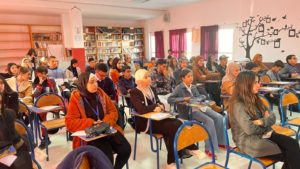 At PVE for Peace, we have always been strong advocates of youth-led research. We believe that young people have valuable perspectives and experiences that can contribute to finding solutions to the challenges they face in their communities. With this in mind, we have recently decided to raise the bar even higher by incorporating student-led research as a key component of our intervention methodologies.
At PVE for Peace, we have always been strong advocates of youth-led research. We believe that young people have valuable perspectives and experiences that can contribute to finding solutions to the challenges they face in their communities. With this in mind, we have recently decided to raise the bar even higher by incorporating student-led research as a key component of our intervention methodologies.
Recently, we had the pleasure of working with ATIL association in an engaging intervention that empowered two groups of 30 students from six high schools located in marginalized neighborhoods in Tetouan. These students were trained and coached by our team in the areas of participatory research and youth-led advocacy.
The students were given the opportunity to conduct two participatory researches in their schools. They identified the needs of their peers and developed solid action plans to address these needs. The students then transformed their findings and recommendations into two analytical reports and presented them to their schools, peers, security officials, local CSOs, and other relevant stakeholders. This was a powerful experience for the students, as they were able to see the impact of their research and advocacy efforts firsthand.
This intervention was part of the project “Prevention of Violent Radicalization of Youth through Best Socio-Educational Intervention Practices,” which is being implemented by ATIL association in collaboration with the Ministry of Education and other international partners. The project aims to prevent violent radicalization among youth by providing them with the skills and opportunities to be active and engaged citizens. By incorporating student-led research, we are not only helping to achieve this goal, but also empowering young people to take ownership of their own development and to make a positive impact in their communities.
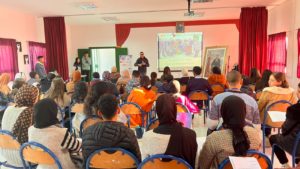 In conclusion, PVE for Peace believes that student-led research is a powerful tool for empowering young people and addressing the challenges they face in their communities. We are proud to have adopted this approach as a key component of our intervention methodologies and look forward to continuing to work with young people to create positive change in the world.
In conclusion, PVE for Peace believes that student-led research is a powerful tool for empowering young people and addressing the challenges they face in their communities. We are proud to have adopted this approach as a key component of our intervention methodologies and look forward to continuing to work with young people to create positive change in the world.



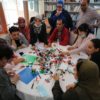

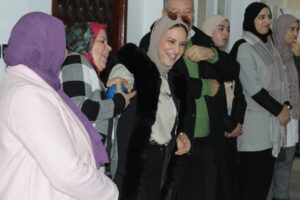
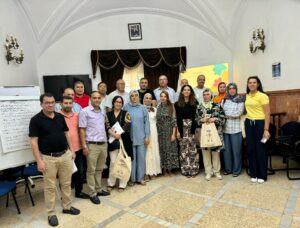
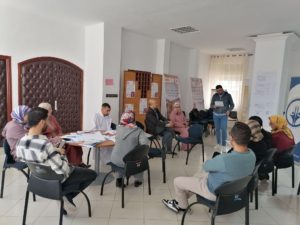
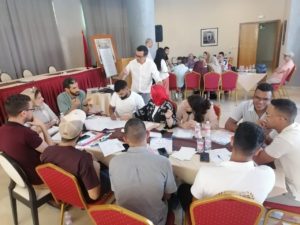

Leave a reply